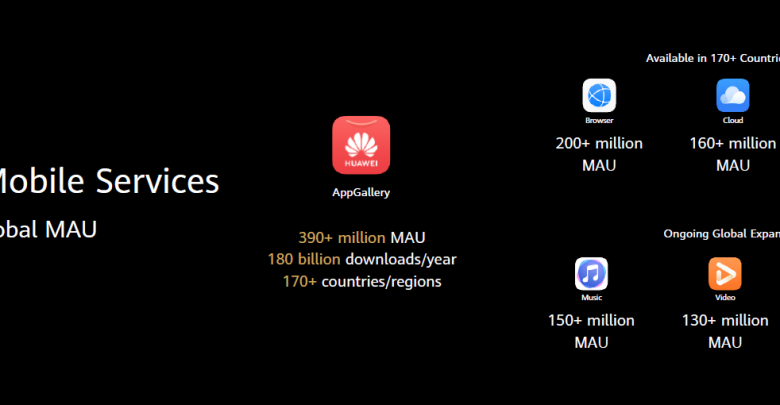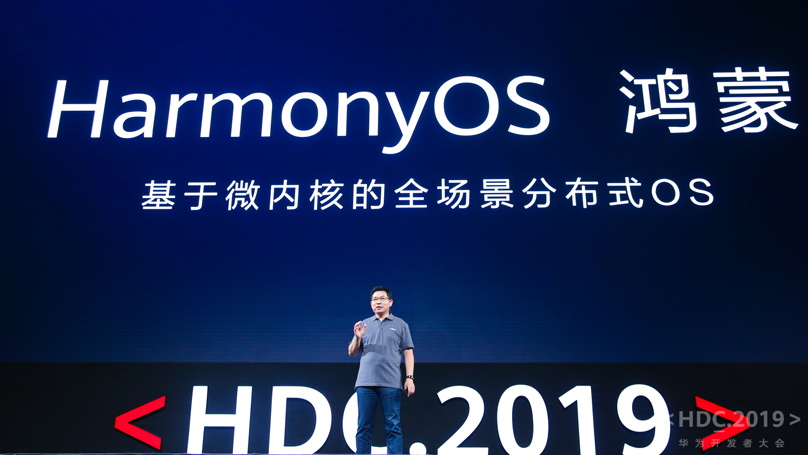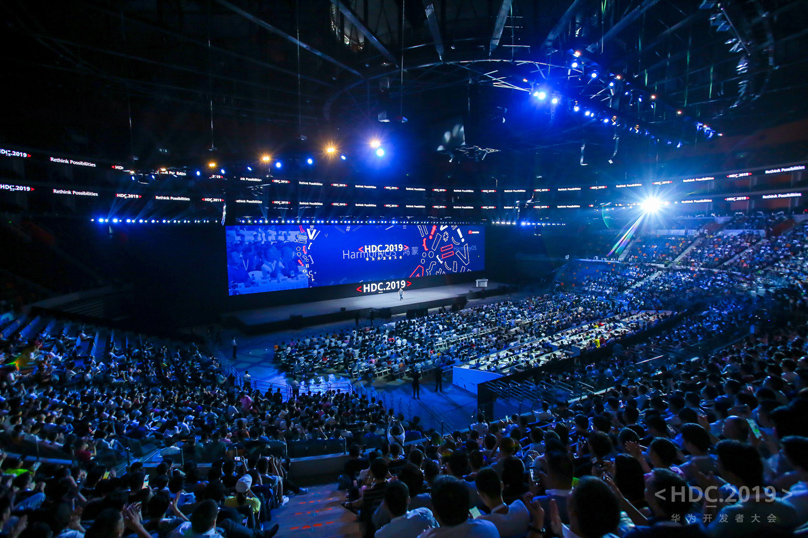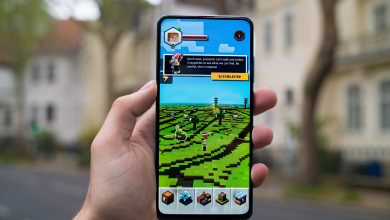
Android is an opensource mobile operating system but without proprietary Google Apps and services it is meaningless to most developers and consumers worldwide. Google imposes firm monopolistic control on a manufacturer or software distributor when they bundle their prominent proprietary Google apps and services into their Android firmware for a given device. Google’s stubborn and self-style practices have attracted a lot of bans and fines in Europe itself. At times, economic warfare or trade war between two nations could lead to unprecedented frictions like US government’s ban on Huawei voiding any western firm from offering any IT services or technology to Huawei until further notice. However unjust it might sound to you, it is simply is the new world order in delusion of free trade.
Huawei has resorted to convincing developers to write its own app store and mobile services. In order to avoid such drastic situation in near future is to start your own non-Google Android based OS. For that replacing the whole ecosystem that Google has offered for long is a must. It would be unjust to expect people to migrate without viable replacements of current Google mobile services with strong and loyal client base.
Huawei being 2nd most popular smartphone manufacturer has various reasons to promote and develop Huawei mobile services like quality hardware with exclusive features like camera quality or growing demand for non-google mobile services in many markets or to indirectly exclude itself from ever growing US-China trade war. Further, Huawei cannot stay in business without offering people with a state-of-the-art replacement for Google’s ecosystem that they can reckon on. Extensive camera functions and slick design in its smartphones cannot fly without updated software and common tools that are required by consumers in day to day use.
Huawei is showing real efforts to boost software development and bring more companies to write apps and invest code and time in HMS. During its developer conference in Dongguan, China held in August 2019, Huawei announced a new developer engagement program known as ‘Shining-Star’. This project has invested 1 billion USD resources to offer extensive support for developers.
By paving a way for a new smart modern mobile service eco-system for Android based OS, it has granted a free pass for European developers who now have an unprecedented opportunity access to Chinese market and community. It would be interesting to know how it goes, only time would tell who benefits whom depending on what community loves the work of which developers more.
Huawei has to not only brilliantly bring most popular applications to its store but also keep them updated just like Google Play Store. It has to function as credible app store so content creator find it significant enough to publish its apps. It has to first target a few markets as this experiment could be an expensive affair against web search giant like Google. Huawei has to carefully step forward and fight all the challenges with determination and hope to see more developers join hands in their struggle to create an alternate eco-system not only for Huawei but other non-Google Android based OS to come.
It is apparent that Huawei is headed in the right direction. It understand that you don’t grow big without proper integration with local markets. The in-app purchases that bring in revenue for both developers/publishers and Huawei itself won’t happen without integrating Huawei’s ecosystem into local popular apps. For western firms to be able to trust the Huawei’s ecosystem, prominent local developers must publish their apps with Huawei’s store with same diligence, consistency and assurance as Google’s Play Store. Huawei is leaving no stone unturned to assist them in the process. In first UK and Ireland developer conference held on 15th Jan in London, Huawei has announced an investment plan of 20 Millions GBP towards the same. It certainly is interesting enough for developers to spare some time for HMS.
With little incentives like this, Huawei is bagging long term gains by bringing in more trusted and senior developers to Huawei’s ecosystem. This aggregates trust and faith its loyal customers desire at this point of time. Let us hope Huawei get the right developers on their side and together they get to create a tenable and serious option in the mobile world.

If this ecosystem succeeds in near future, Huawei has plans to replace Android completely with in-house OS called Hongmeng or Harmony OS. Although, Huawei had no other choice, kudos to them for not only confronting US for an unjust ban but also fighting back with vigor and hope.


